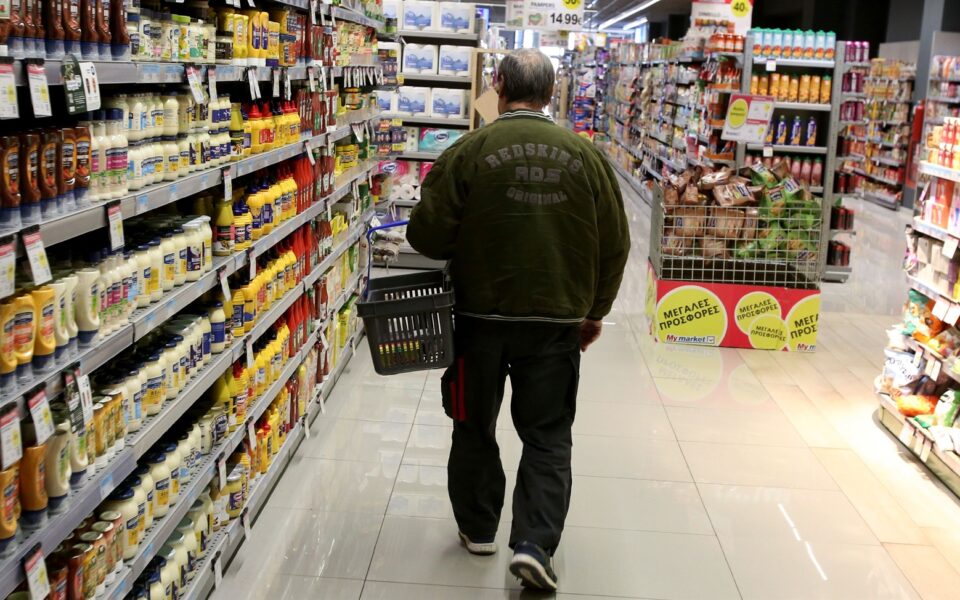One in every three households struggling

The Labor Institute of the General Confederation of Greek Labor (INE GSEE) highlights the urgent need for strong and effective measures to support the labor market and the incomes of workers and vulnerable social groups, in its annual report on the Greek economy.
The report was presented on Friday in Thessaloniki, under the heavy shadow of the catastrophic floods and their unimaginable consequences in society and the economy.
Although the report was drawn up long before the dramatic developments of this summer, regarding the fires and floods that hit the country, the institute’s analysts noted the need to strengthen social cohesion through the protection of fundamental principles and rights at work, with decent wages, ensuring equal pay for work of equal value and by promoting lifelong learning and education policies. And this is because the figures paint a gloomy picture in the labor market, despite the resilience shown by the Greek economy in the inflation crisis, with the report noting growth rates higher than the eurozone average.
Therefore, while Greece has returned to the growth trend of the 2016-2019 period, covering the gap caused by the pandemic, one in three households is finding it difficult to cope with the expenses to cover basic needs, while almost half are unable to cope with an extraordinary expense.
Specifically, in Greece in 2021, 13.2% of men and 14.5% of women were in severe material and social deprivation, while the corresponding percentages in the EU-27 were 6% and 6.6%, respectively. In 2022 in Greece 13.2% of men and 14.6% of women were unable to meet basic needs for a decent living.
In 2021-2022, 36% of households without dependent children faced very great difficulty in meeting the costs of covering basic needs, while in the EU-27 in the same period the corresponding percentage of households was only 6.1%.
In 2021, 46.3% of households in Greece said they were unable to cope with an extraordinary expense, while the figure was slightly lower (43.6%) in 2022.
Also, despite the rapid recovery, Greece has the second highest unemployment rate in Europe. Accordingly, it records the lowest employment rate for young people under 25 and the second lowest employment rate for both 20-64-year-olds and women among the EU-27 member-states.





